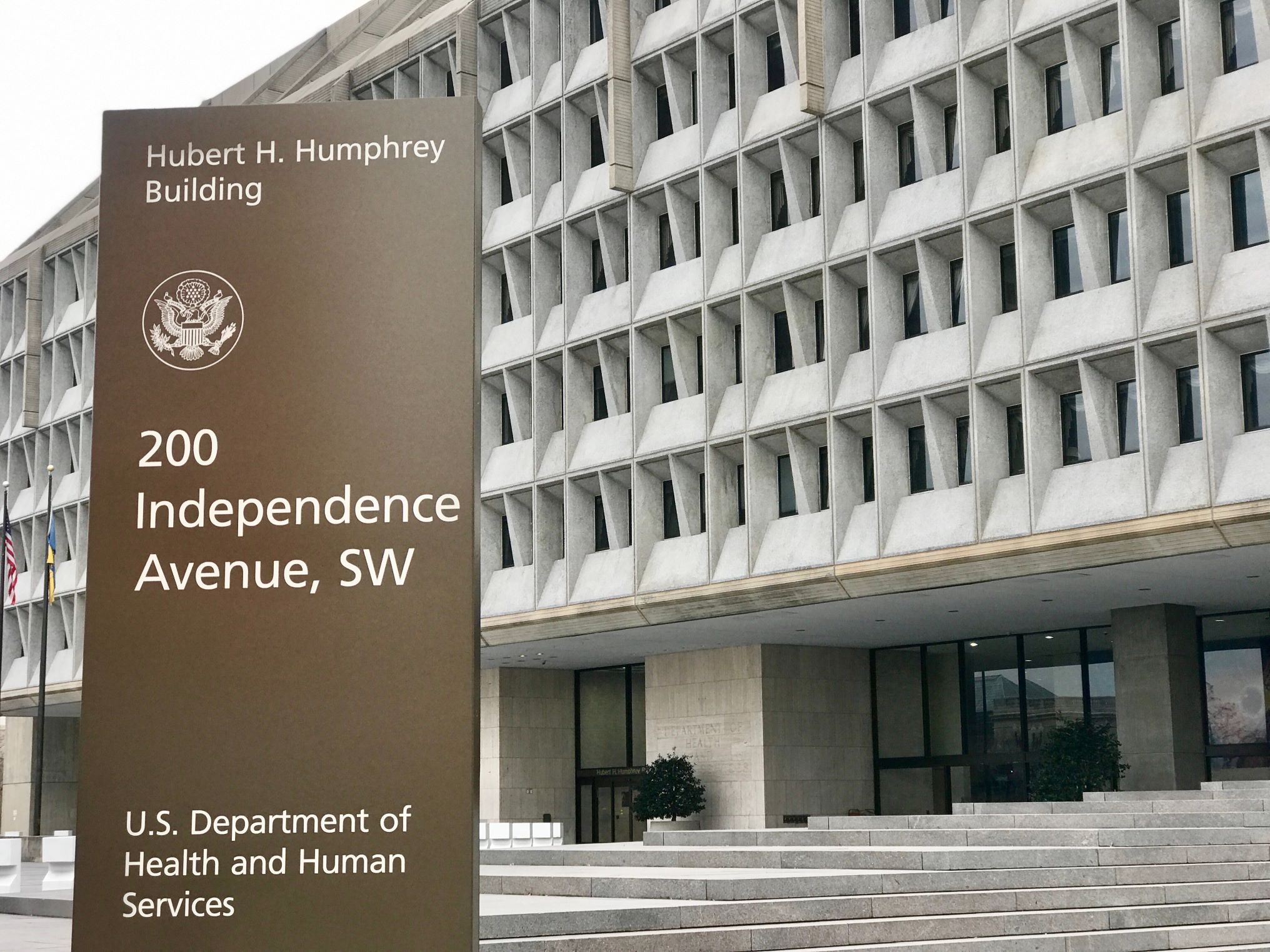The State of America's Direct Support Workforce Crisis 2024
New report sheds light on persistent problems facing community providers due to ongoing recruitment and retention challenges
Browse the Data
Capitol Correspondence - 05.04.21
Senate Catches Up to House on Earmarks Plan
Share this page
Stay Informed on the Latest Research & Analysis from ANCOR
More News
Capitol Correspondence - 12.23.24
Updated Regulatory Agenda Released

Capitol Correspondence - 12.23.24
ANCOR Submits Statement Honoring Senator Casey to Senate Aging Committee
Capitol Correspondence - 12.23.24
